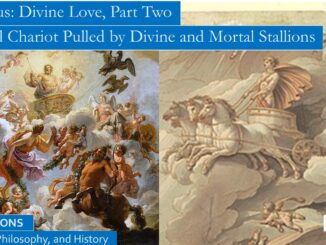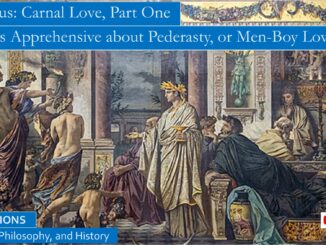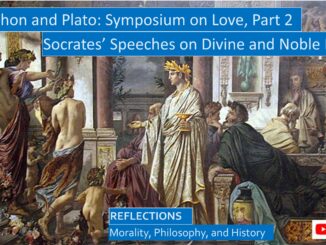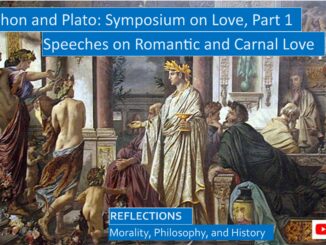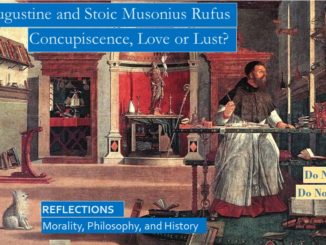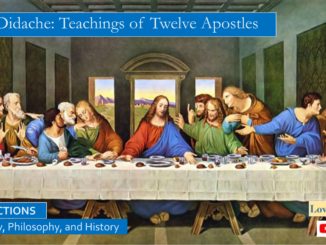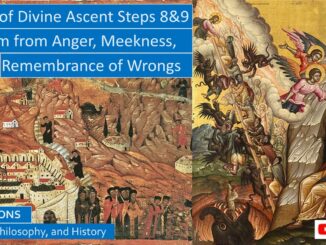
St John Climacus, Ladder of Divine Ascent, Freedom from Anger, Meekness, Remembrance of Wrongs, Steps 8 and 9
A recurring theme is the Ladder of Divine Ascent is the climb is not a one-time conversion vaulting us to the top of the ladder, but is rather a process, a changing of habits, that we practice for the rest of our lives, ever climbing, until we reach the great IMAX theater in the sky with screens forty feet wide and forty feet tall that replays the major events in our lives at the end of days.
Step 8.23. “The beginning of blessed patience is to accept dishonor with sorrow and bitterness of soul. The middle stage is to be free from pain in the midst of these things. But perfection, if it is possible, is to regard dishonor as praise. Let the first rejoice; let the second be strong; blessed is the third, for he exults in the Lord.” […]

